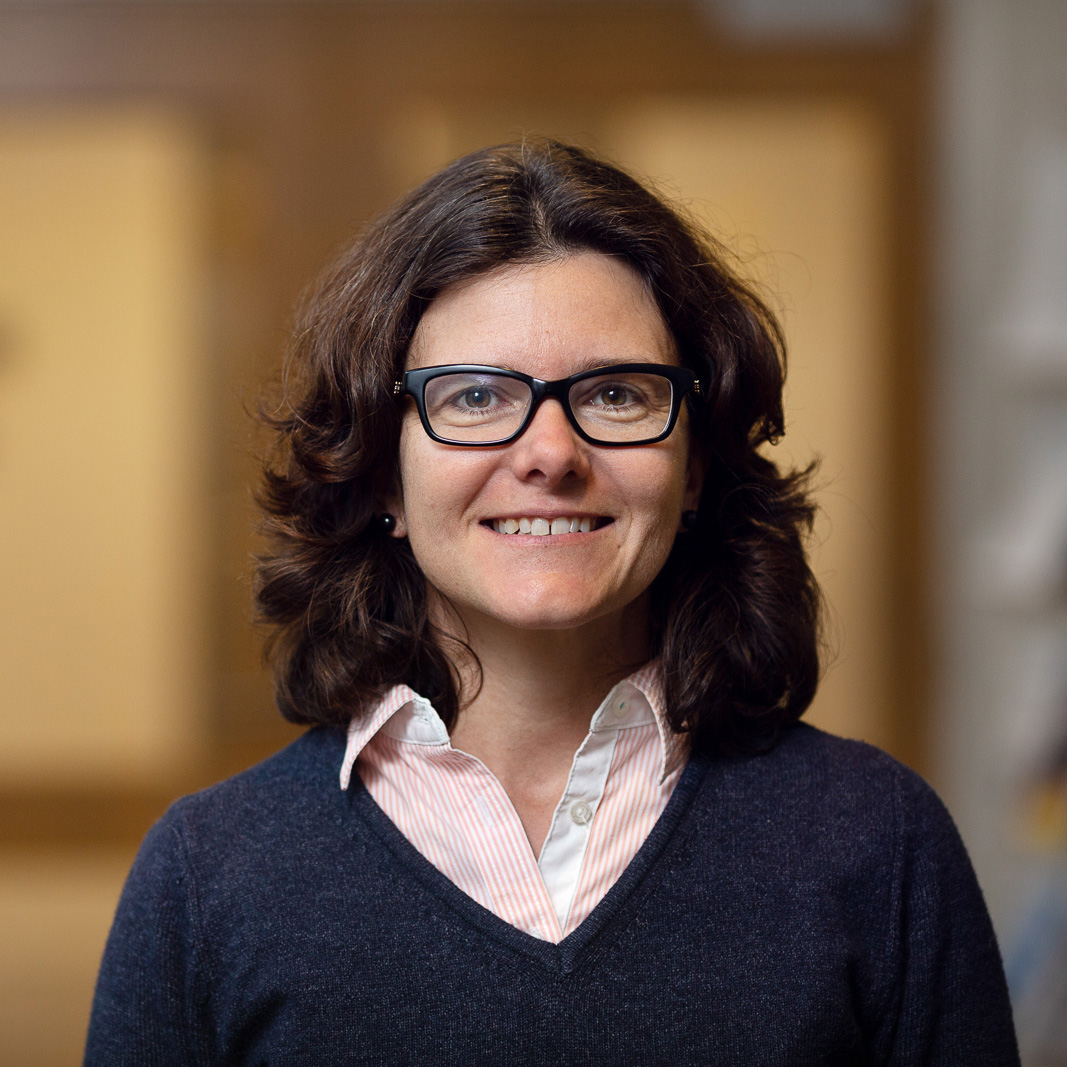
The focus of my research is to examine a potential role of prostaglandin receptors in chronic kidney disease (CKD). CKD is a condition characterized by gradual loss of kidney function, which eventually can lead to kidney failure. The mechanisms underlying the start and progression of CKD are still unclear.
Prostaglandin PGE2 is produced by the natural breakdown of cell membrane phospholipids. PGE2 can act as a signaling molecule, and the receptors of PGE2 have prevalent roles in regulating kidney vasculature and glomerular-tubular systems. Several studies suggest that prostaglandin receptor EP4 may play a role in kidney disease. My research will attempt to elucidate the role of EP4 in CKD. Specifically, I aim to develop a conditional EP4 knockout mouse model, lacking the receptor just in the kidney tubules, that I will then study for the development and progression of CKD.
Project title:
Targeting prostaglandins in chronic kidney disease
Area of research:
Health and medical sciences
Fellowship period:
1 Oct 2019 - 31 Mar 2021
Fellowship type:
AIAS-COFUND II Marie Skłodowska-Curie fellow

This fellowship has received funding from the European Union’s Horizon 2020 research and innovation programme under the Marie Skłodowska-Curie grant agreement No 754513 and The Aarhus University Research Foundation.
